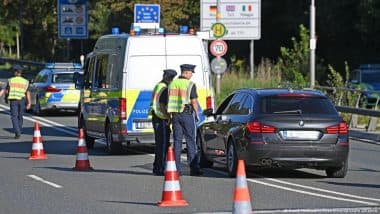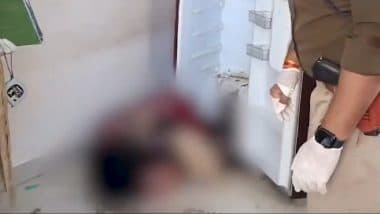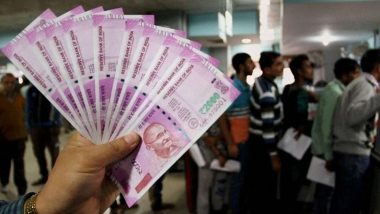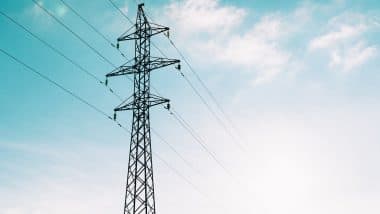Germany's Interior Ministry said the border controls were meant to "put maximum pressure on smugglers" and protect people.Germany said Wednesday it would ramp up police patrols along what it called "smuggling routes" on its border with Poland and the Czech Republic.
The move comes as Germany has sought to prevent illegal migrants from entering the country and just a day after police raids across the country uncovered a migrant smuggling operation.
A recent surge in migrant arrivals has reignited the immigration debate in Germany and has put pressure on the country's government, led by Chancellor Olaf Scholz.
Interior Minister Nancy Faeser did not elaborate on how many more border police officers would be deployed.
But she added that the new controls would go into effect this week, "My goal is to put maximum pressure on smugglers and to protect people."
Faeser stressed, however, that the move did not mean fixed border checks would be established. The last time Germany did this was in 2015, when it set up border checks along its border with Austria, amid a surge in crossings.
The interior minister said she did not "rule out" imposing fixed controls in the future if the new measures were not effective.
Migration causes rifts
German municipalities have urged the federal government to provide more funding to cope with the surge in migrant arrivals, pointing to stretched accommodation and services that seem similar to the events of 2015, when Germany took in over 1 million refugees mainly fleeing war in the Middle East.
Opposition parties in Germany have also called on the government to limit the number of asylum-seekers, with Bavaria's conservative Premier Markus Söder suggesting an annual upper limit on asylum-seekers of 200,000.
Berlin has also been at odds with Italy over migration and the recent surge. Two weeks ago, Germany sought to suspend an agreement with Italy to take in some of its arrivals, accusing Rome of not honoring the long-contested rules dictating that asylum applications should be processed in the EU country of first arrival.
For its part, Italian Prime Minister Giorgia Meloni criticized the German government for allegedly financially supporting"nongovernmental organizations engaged in the reception of irregular migrants on Italian territory and in rescues in the Mediterranean Sea."
The two countries are still hoping to find solutions at the EU level, where a bid to reform the bloc's migration and asylum policy has been stalled due to disagreements among the EU's 27 members.
jcg/sms (AP, Reuters, AFP)
While you're here: Every Tuesday, DW editors round up what is happening in German politics and society. You can sign up here for the weekly email newsletter Berlin Briefing.
(The above story first appeared on LatestLY on Sep 27, 2023 11:00 PM IST. For more news and updates on politics, world, sports, entertainment and lifestyle, log on to our website latestly.com).





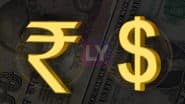







 Quickly
Quickly








